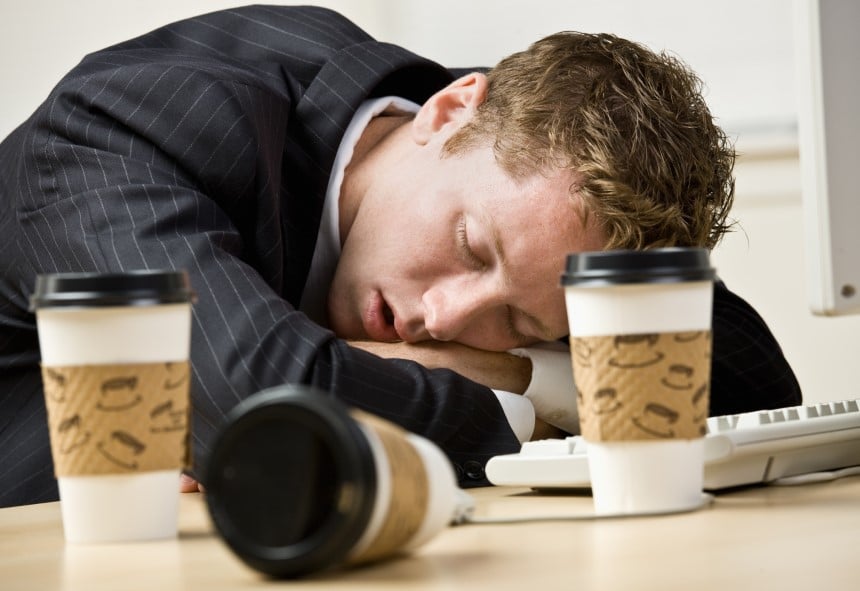One of the first things people learn about me is that I am a coffee person! I am certainly not unique; hardly so. Indeed, this trend is quite common and widespread; so is the debate about it.
I am sure that most, if not all those who love coffee, like myself, crave it all day long. The only reason I fight this urge is that I know, from bad experience, that too much coffee is certainly not good for my health. Yet, after decades, I cannot imagine a day would come that I will not want to drink coffee. So, for coffee lovers like myself, what is it about coffee that gets us hooked? Why is it good? Why is it bad?
The Blissful Side
Coffee has been found to boost memory, improve concentration, and decrease fatigue. Recent studies do not show a connection between moderate coffee consumption and the risk for heart disease or cancer.
Many studies have shown that people who use coffee to start their day perform better at cognitive tasks than those who do not, and are more likely to effectively learn and retain new information. Combining coffee with a sugary snack will also activate the parts of the brain responsible for attention and memory, making it more effective.
Most coffees have antioxidant properties; these keep your brain cells healthy and boost the performance of your neurotransmitters. Furthermore, Moderate coffee drinking may help reduce risk of dementia and Alzheimer's disease, as well as Parkinson's disease, studies suggest.

The Sinful Side
Many of the negative effects of coffee drinking are due to the caffeine. Chemically, caffeine looks a lot like adenosine, a “slow-down” brain chemical associated with sleep and relaxation of blood vessels. Caffeine binds to adenosine receptors on nerve cells, leaving no room for adenosine to get in, so nerve cell activity speeds up, blood vessels constrict, and you get a caffeine buzz. If consumed heavily, caffeine can lead to irritability, anxiety, stomach upset, and a lack of sleep.
Coffee is often used by people who are looking to cut back on how much they eat. Unfortunately, caffeine can cause blood sugar levels to fluctuate wildly, which can lead to sugar cravings, leading to the opposite of the intended effect. Moreover, compounds in unfiltered coffee could also increase LDL (bad) cholesterol.
Drinking coffee also causes the body to lose calcium, which is carried out excessively by the urine. Over time, excessive coffee consumption could aggravate conditions such as osteoporosis, where the bones become less dense and more fragile. Fortunately, this can be evaded by putting two tablespoons of milk in the drink.

To Drink or Not to Drink?
Moderate consumption is defined as about four cups of coffee or 400 milligrams of caffeine; the negative effects of coffee are found with an intake of five or more cups per day. While the lasting effects of caffeine vary from person to person, it takes about six hours for it to leave your system. Drinking coffee too late in the day can, thus, disrupt your ability to sleep, which will then cause you to drink more coffee the next day, and lead to an ongoing cycle of overconsumption.
The good news is, coffee is certainly not bad; just not too much of it, which varies from one person to another. As such, we can safely indulge… in moderation.
References
myfooddiary.com
spectrumnutrition.ie
eatingwell.com